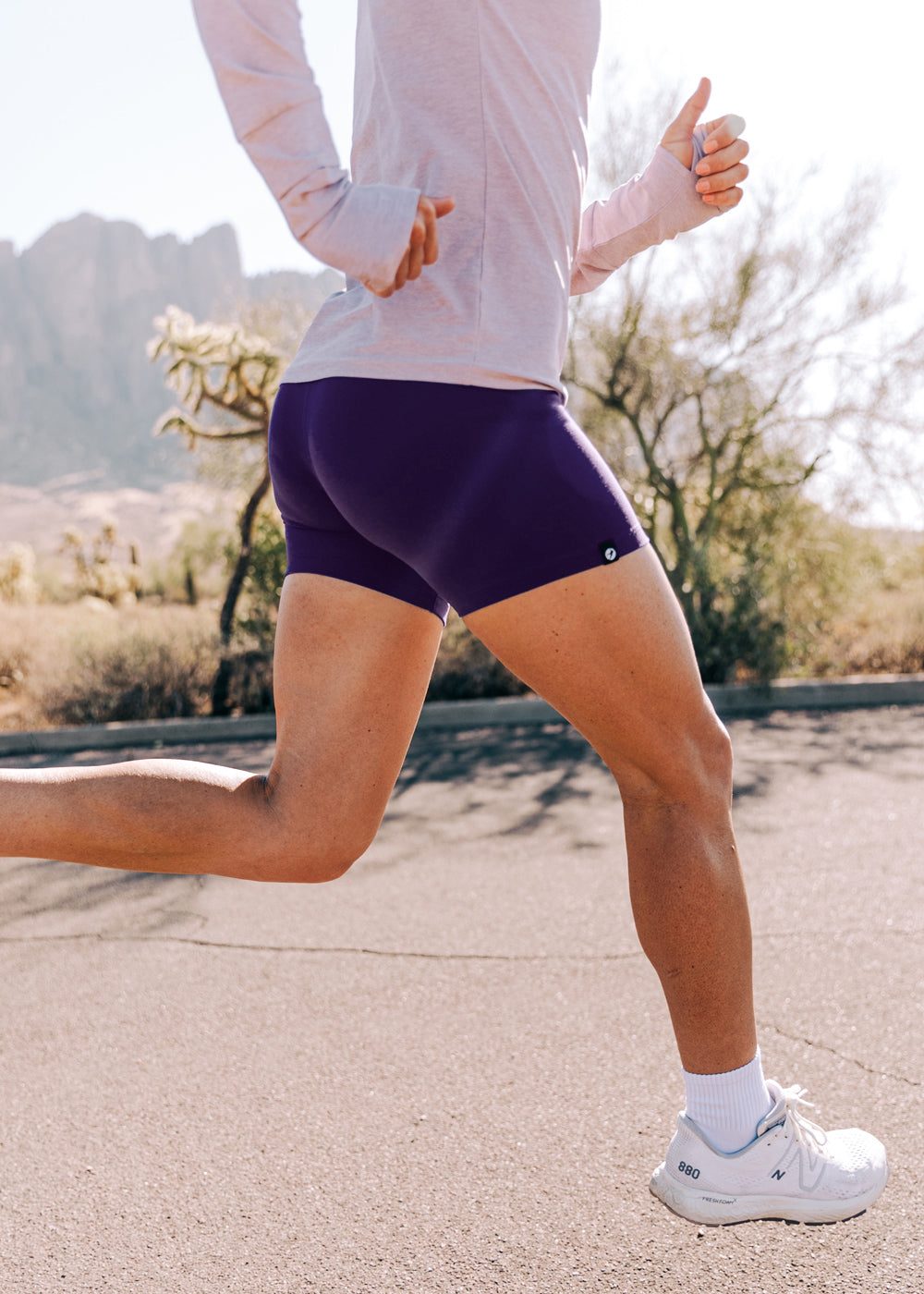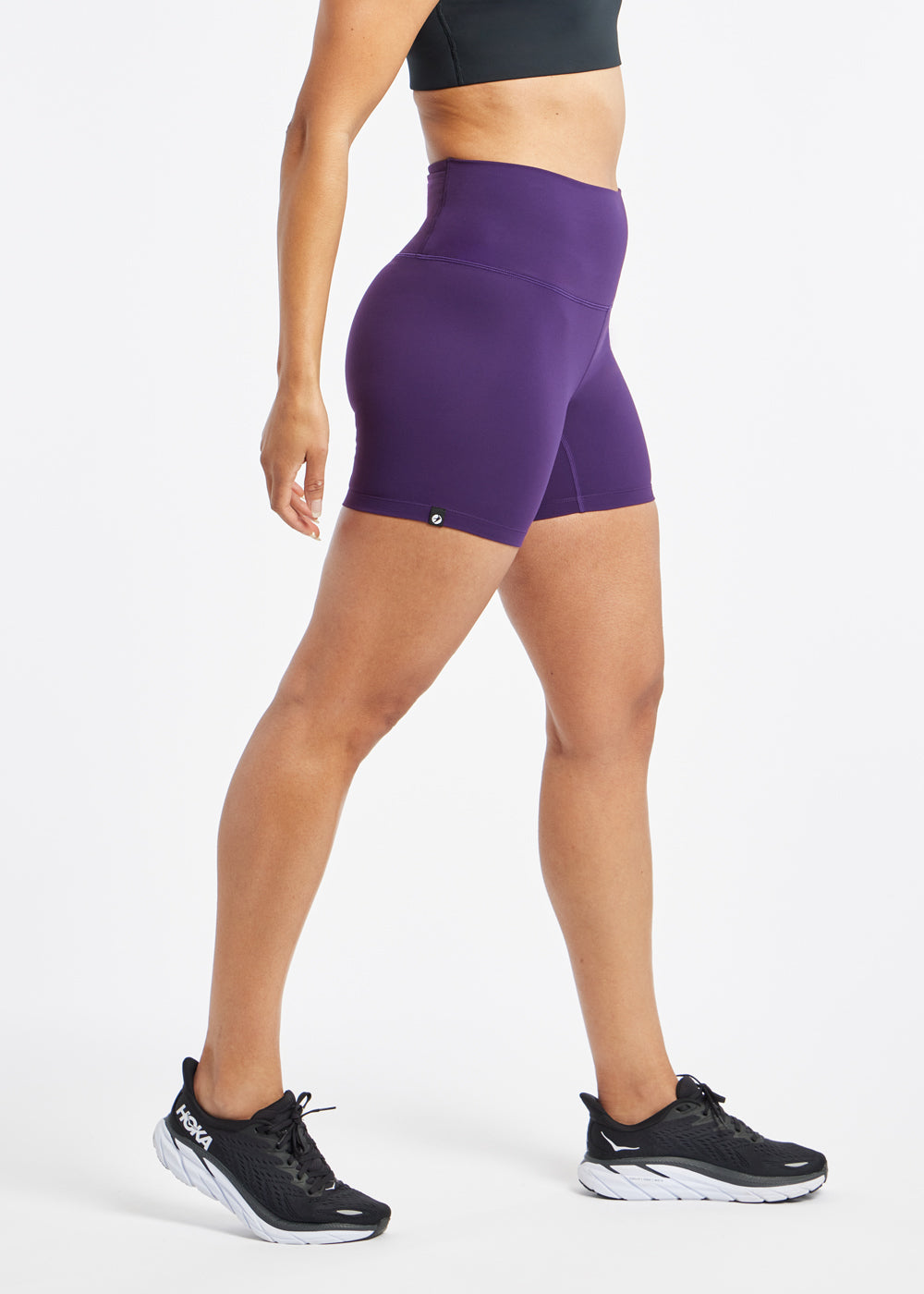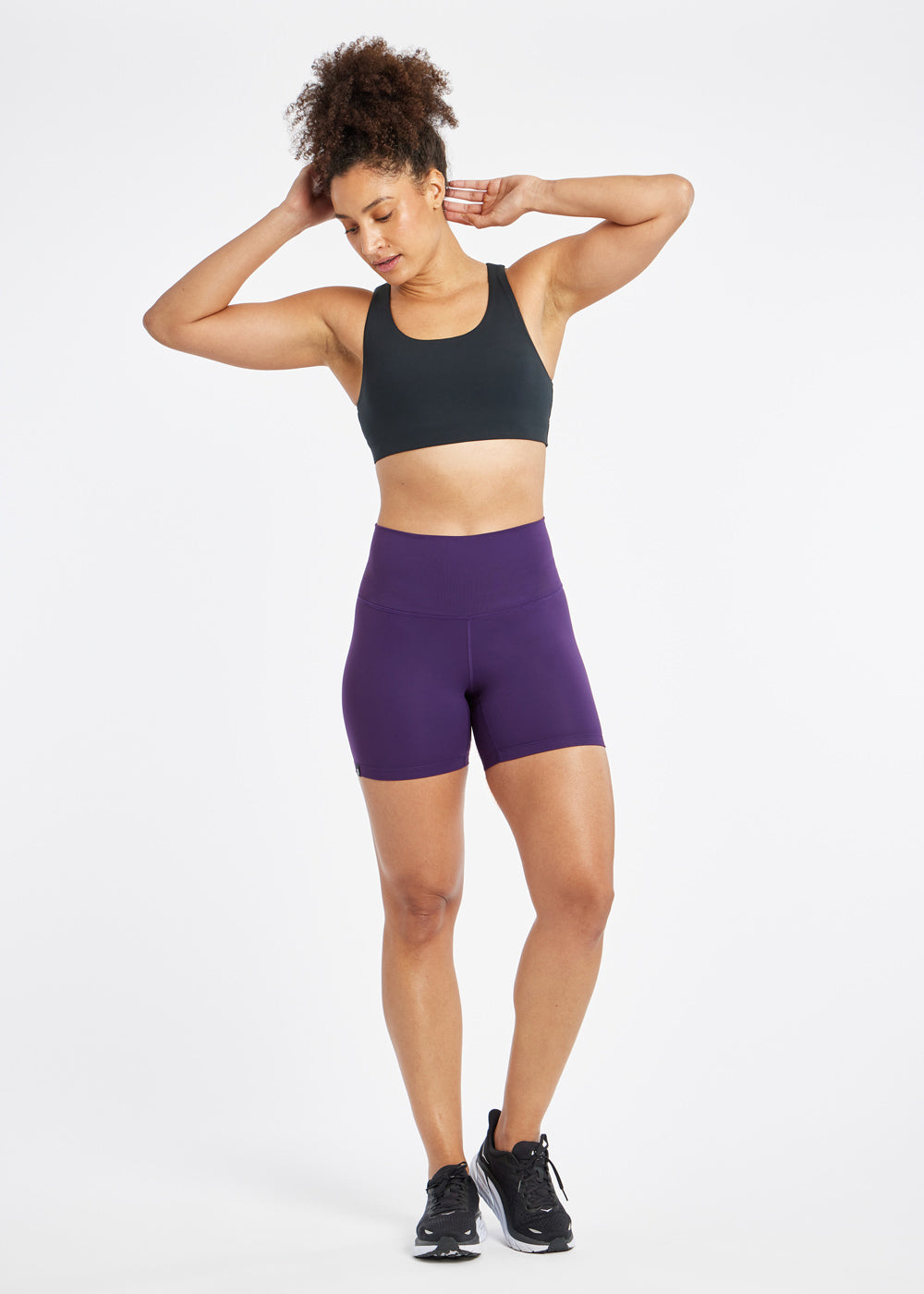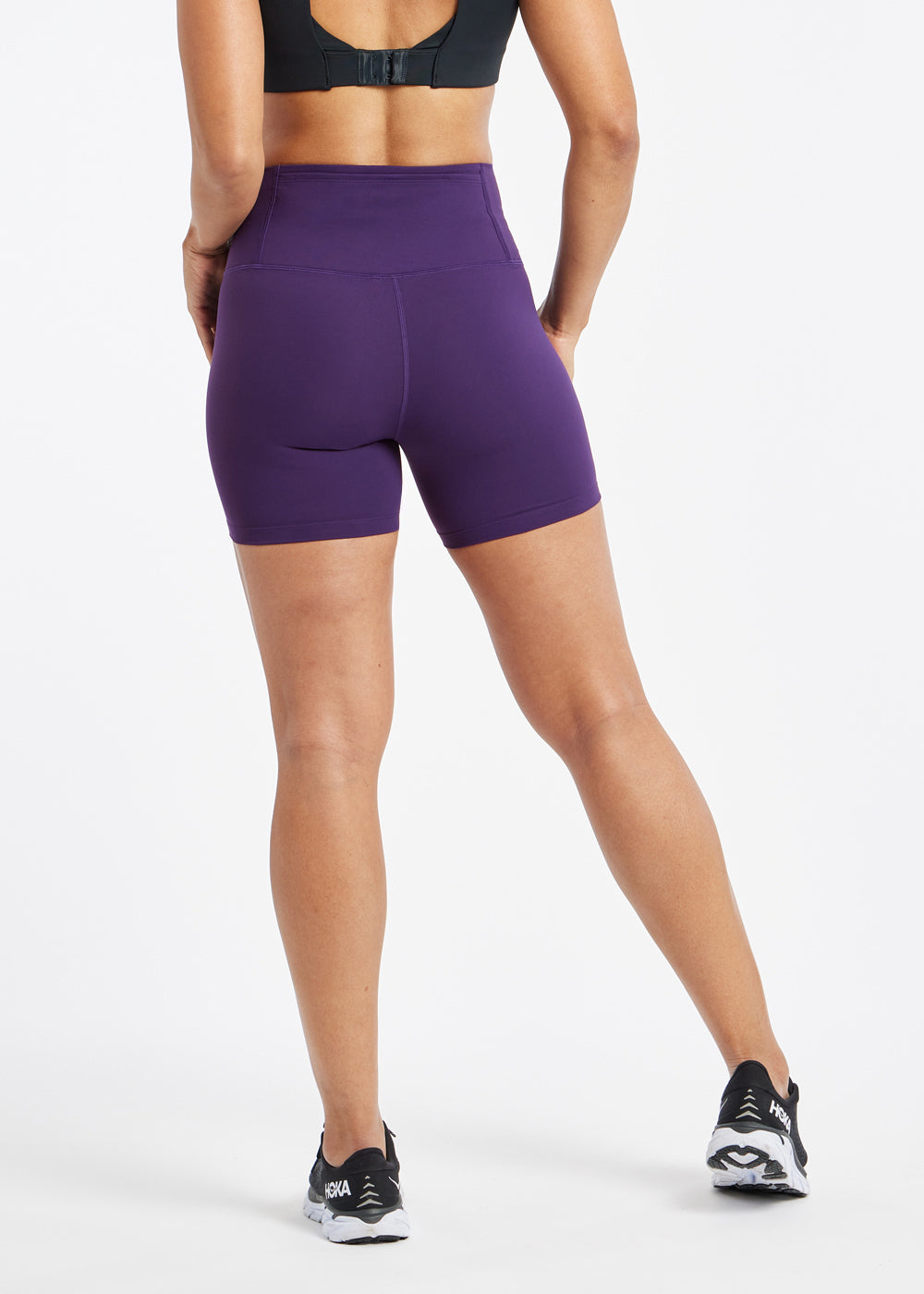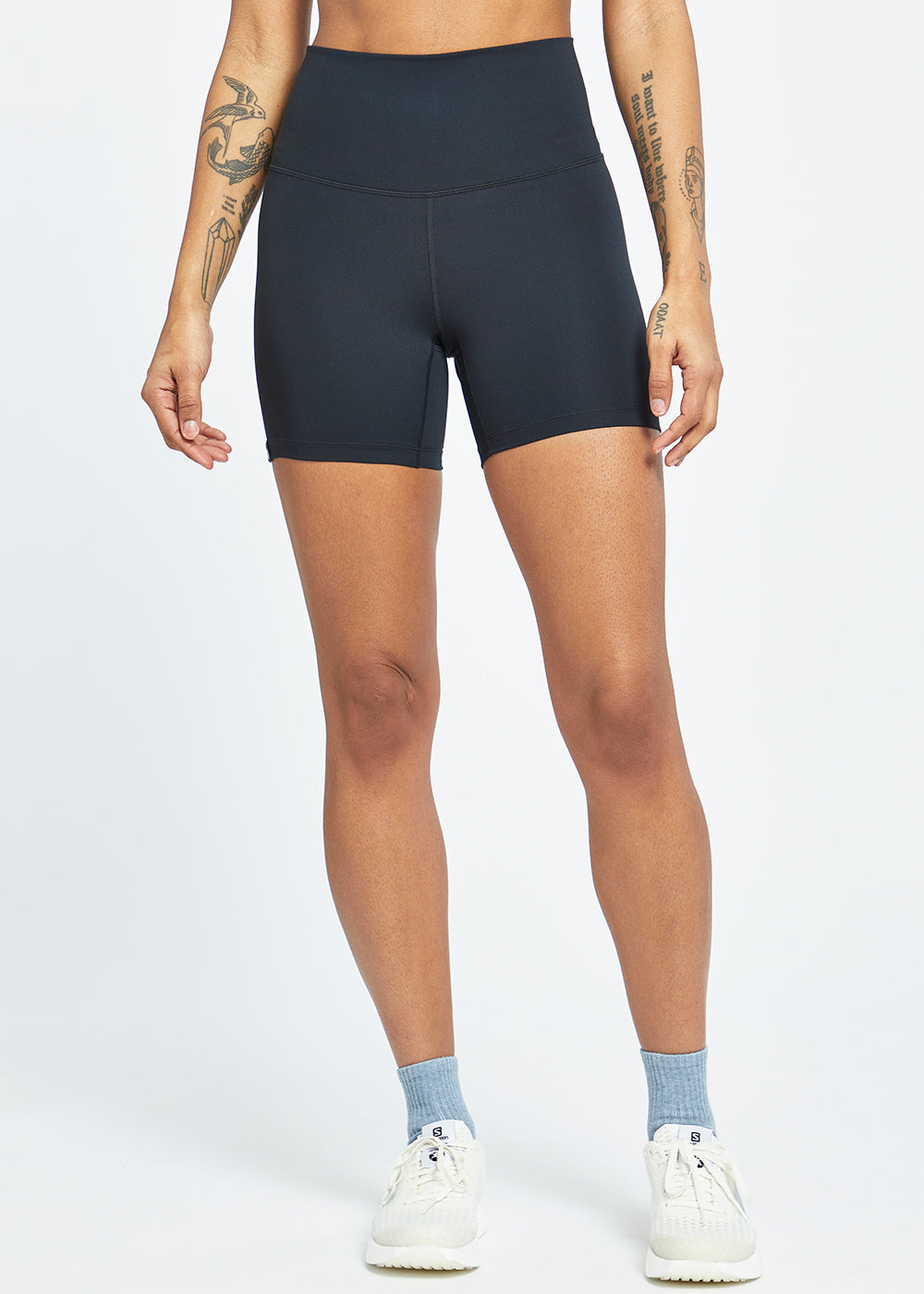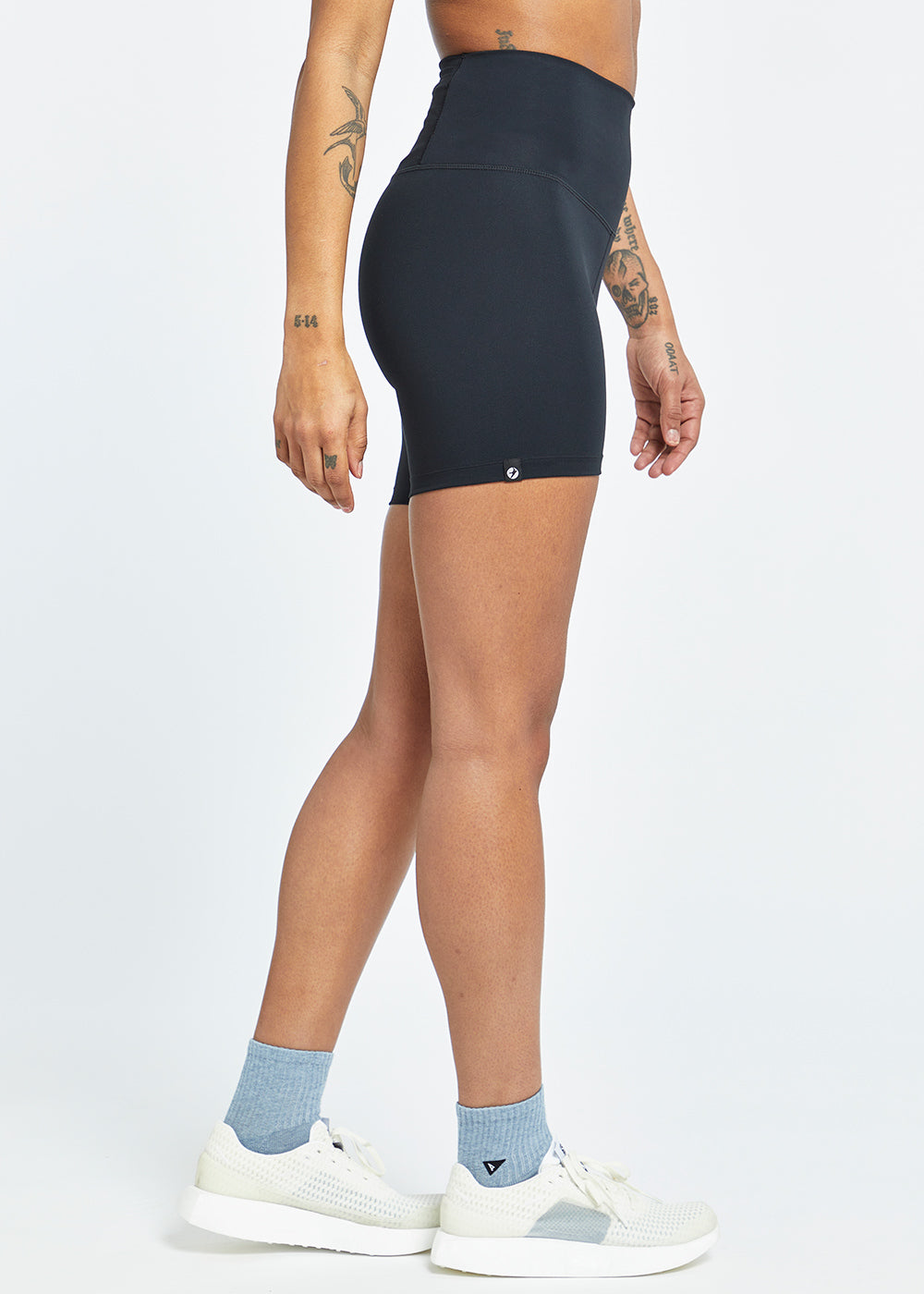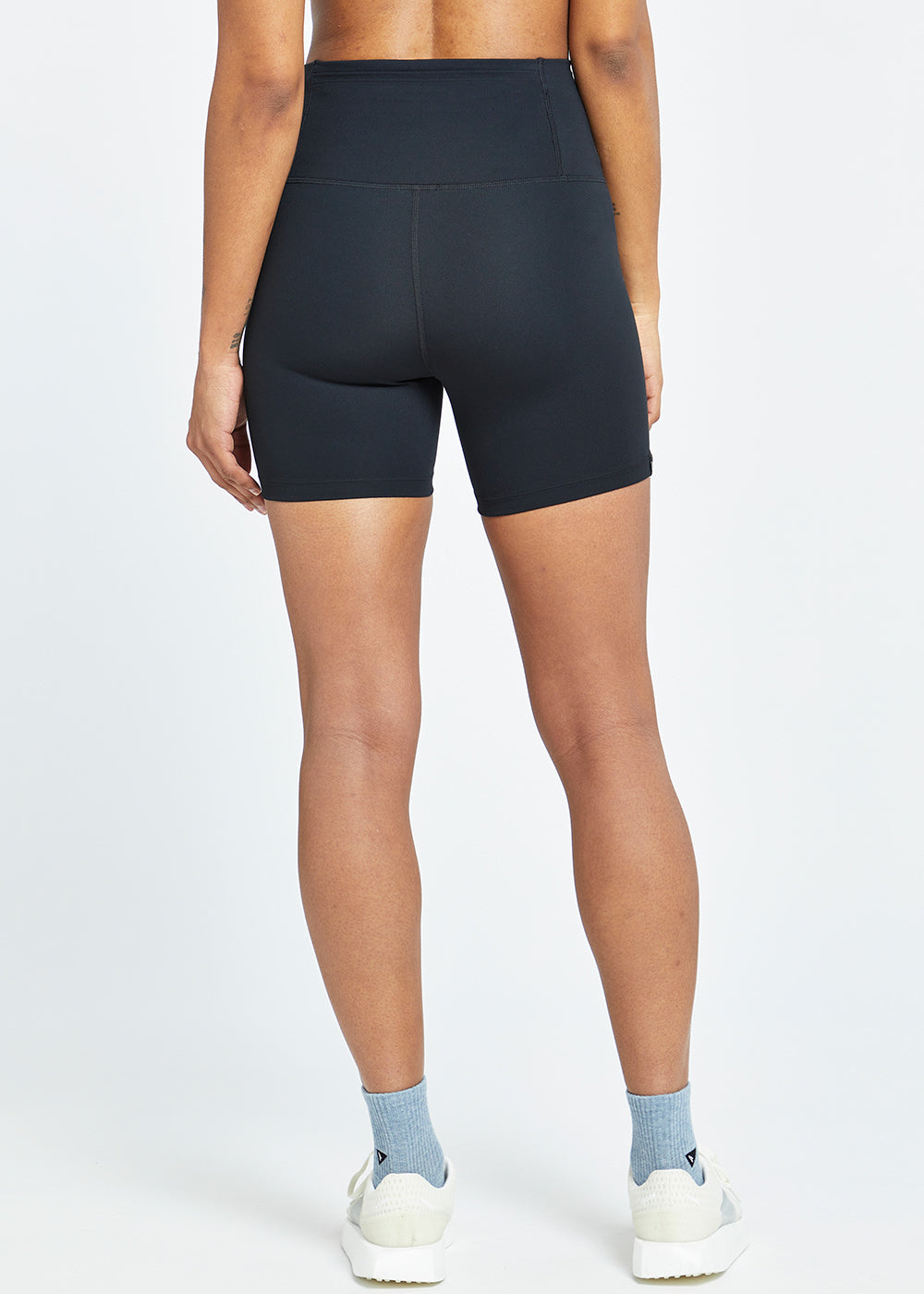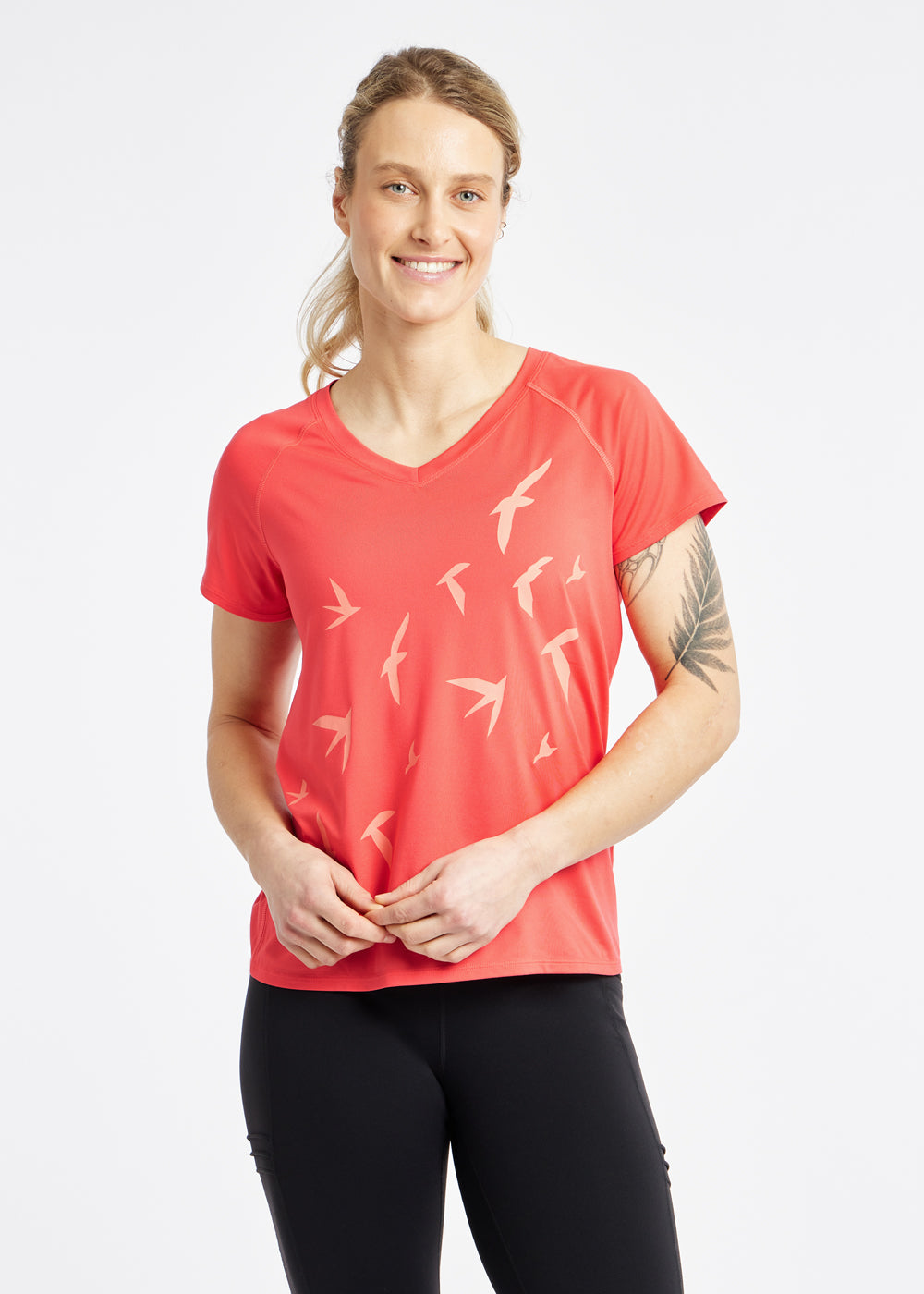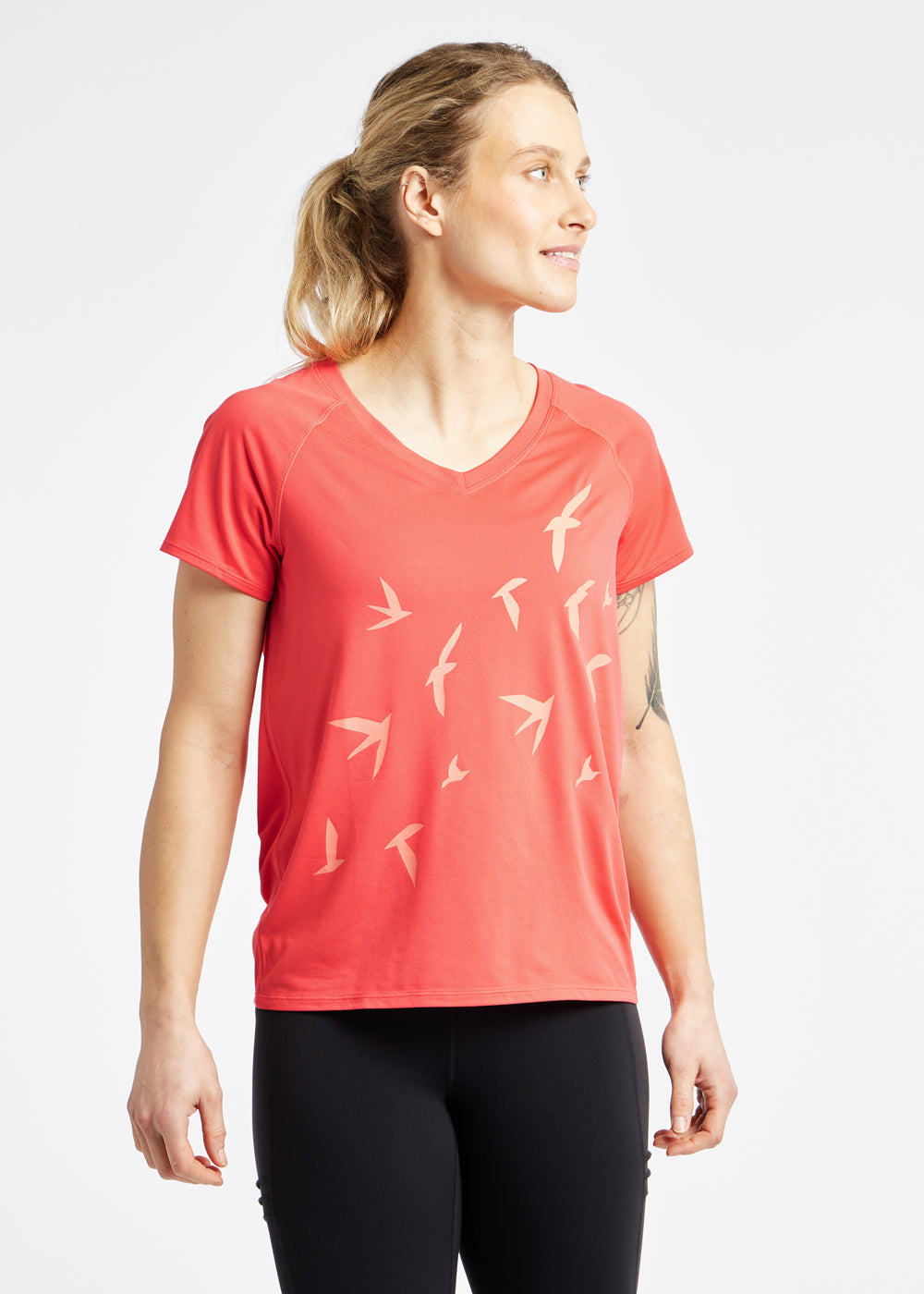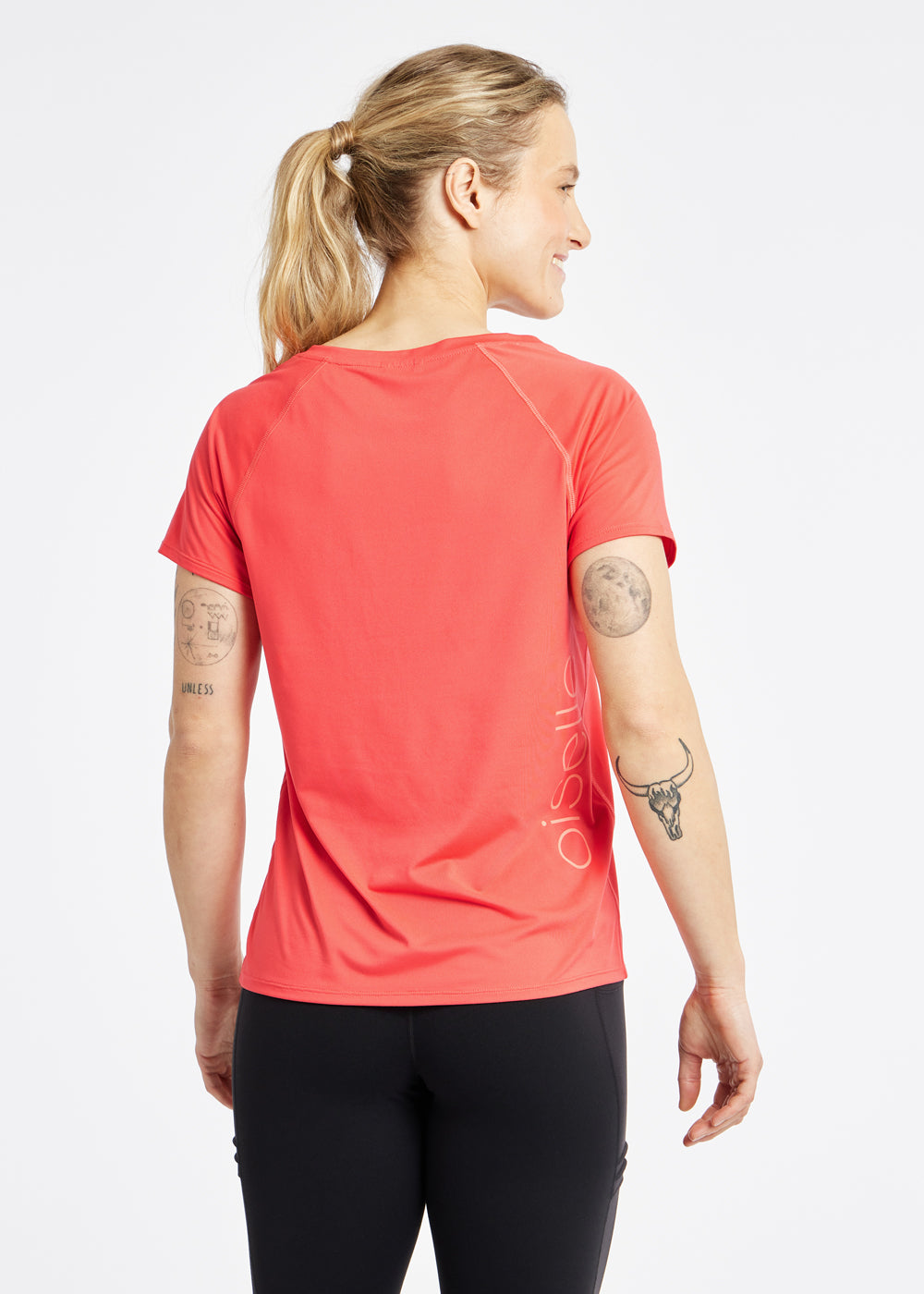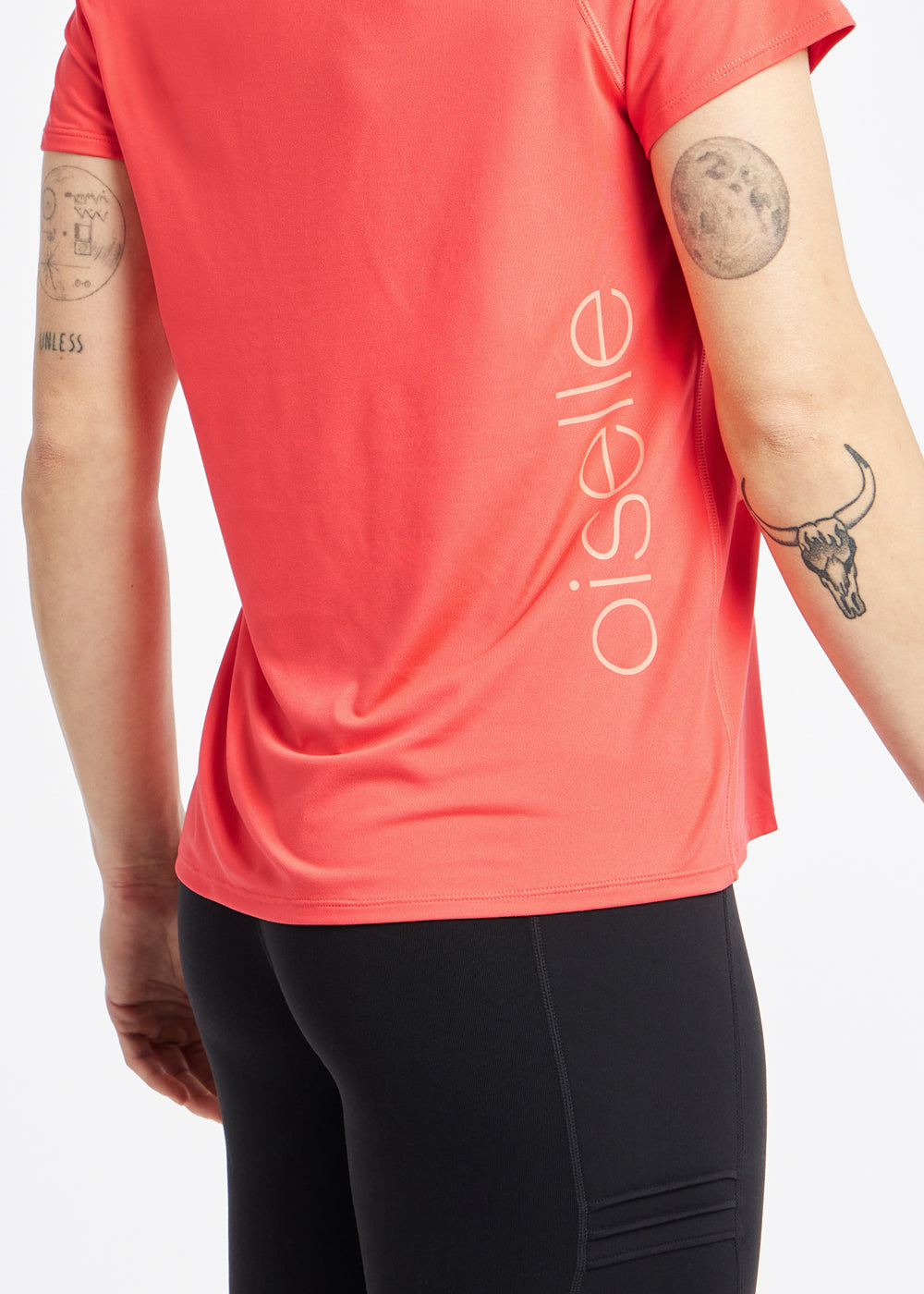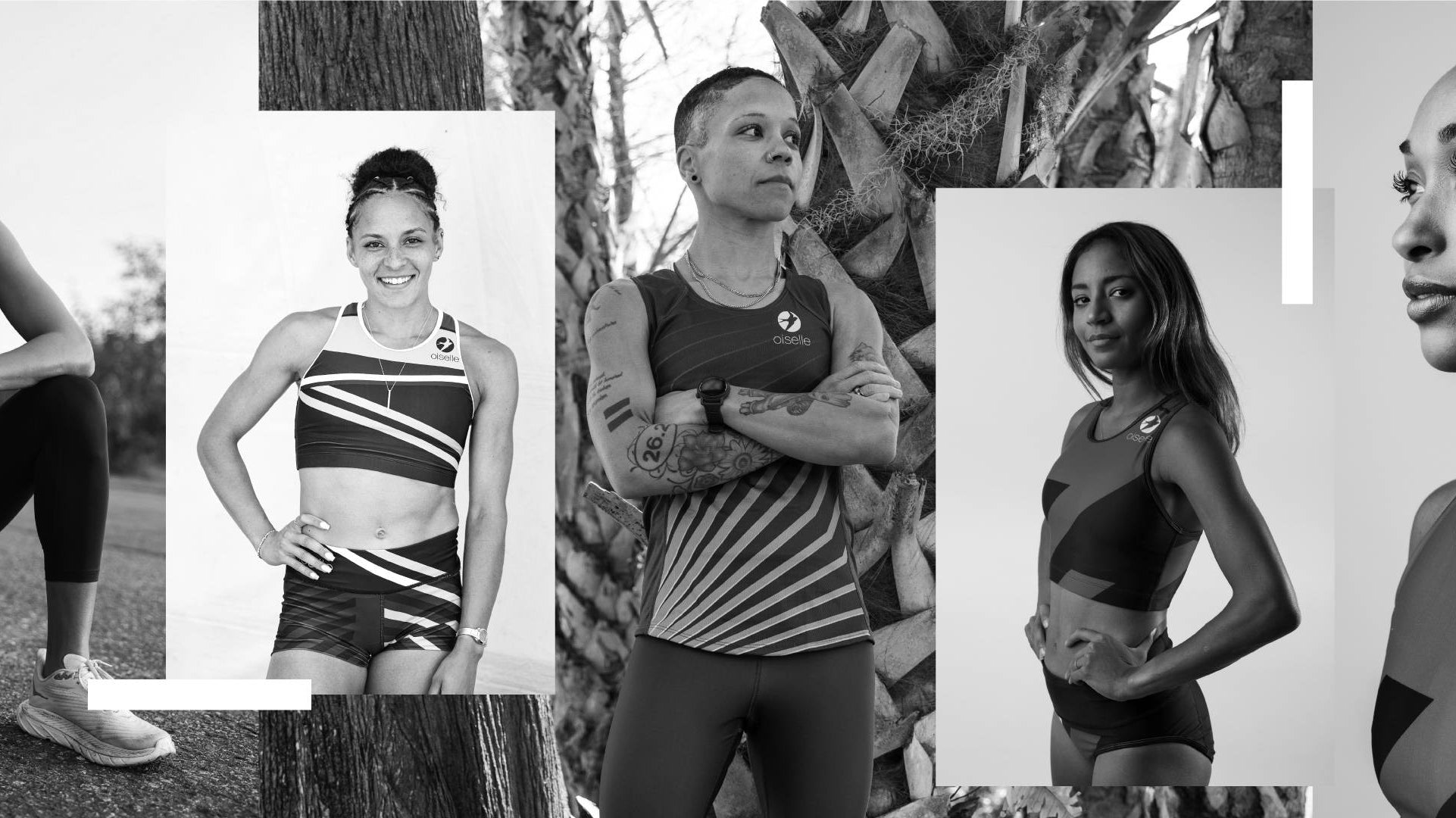The track is on fire, and Kate Grace is forever cool under pressure. Famous for seeing an opportunity, rising to the occasion, and executing flawlessly – we can learn from Kate’s mindset, both as athletes and in our broader lives.
We caught up with Kate as she’s preparing for the Big Event, and got her best tips for staying mentally composed when the stakes are high.
Enjoy!


Photo by Michael Scott
1. TRAIN YOUR EDGE
This advice is two-fold.
First, bring a serious intention to each workout and run. Don't rush through preparations. Do your full warmup, and get excited! Each workout is an opportunity to play with your edge, and embracing it is part of the work. When you treat the workout like the race, the race part is less scary and unknown.
Then, on race day, you can go through your preparations by memory. You already know what it feels like to run hard. You aren't asking your body or mind to do anything new. It's like you've been rehearsing for a play. Now, just go out there and let the performance happen.
2. BE A DISCOMFORT MASTER
I’ve taken a lot from Marc Schoen’s work on discomfort training. The idea is that discomfort, when experienced in a performance situation, is normal. Discomfort doesn't mean we are about to perform badly. It's our fear response to this stress that causes all sorts of issues and poor performance under pressure.
If we are able to train ourselves to not perceive performance discomfort as a threat, then we minimize our body's fear response. We can actually practice this skill.

Practice embracing discomfort, and separating it from being a threat. I do this when getting my blood taken, or when I’m training in the heat. You can also use a mantra or phrase to help you trigger this confidence under pressure. Here’s what I say to coach myself through those uncomfortable moments:
"I am a discomfort master. I thrive in all conditions. Everything I need to succeed is already within me. It is here to stay.”
3. PRACTICE POSING WITH POWER
Body language matters! Make it part of your practice. I love this TED talk by Amy Cuddy, and I use body language as an important part of both my training and competition approach.
Smile, laugh, make noise, stand tall. It’s all a part of how and why we win.
























